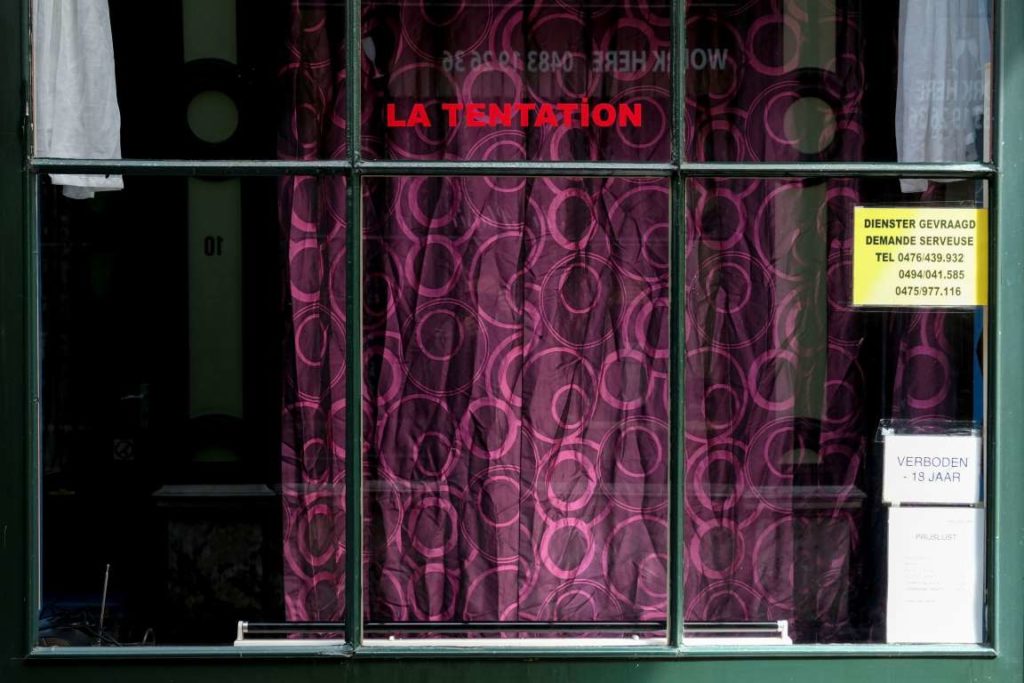Belgian sex worker union UTSOPI is asking for concrete financial support measures for the sex workers in Brussels who can no longer work due to the prostitution ban across the Region.
As bars and restaurants have been closed and contacts have to be kept to a minimum, UTSOPI understands the rule that sex work is no longer allowed until 19 November, but is asking for financial support for those who are now banned from working.
"A very large number of sex workers will be without income," UTSOPI spokesperson Daan Bauwens told The Brussels Times. "The vast majority of them have no statute, and will therefore be unable to apply for specific benefits."
All forms of sex work are banned, including on the streets, in the so-called "rendez-vous hotels," and in windows. For sex workers, there is very little difference between that first lockdown and what is happening now in the Brussels-Capital Region, and soon perhaps throughout Belgium, according to Bauwens.
Related News
- Brussels mayor doesn't understand why prostitution is allowed again
- Council of State overturns Brussels prostitution ban
- Coronavirus measures in Brussels: extended curfew, culture in lockdown
"We are going to start a crowdfunding campaign again to support sex workers, but at government level, there are certain measures that only apply for the self-employed, and unfortunately there are few self-employed sex workers," Bauwens said.
Without additional support, sex work will still continue, because people still have to pay rent, for example, which is even more dangerous for public health, according to UTSOPI.
"Since September, there have been very few clients, which makes the situation even more difficult," Bauwens said. "If they do not receive support, they will still work and then it becomes dangerous. Both for sex workers and for clients, and therefore for the population," he stressed.
"We at UTSOPI are ready again, with the tools that we had back then and have been able to help hundreds of sex workers with," he said. "But we are very concerned about the coming months."
Maïthé Chini
The Brussels Times

